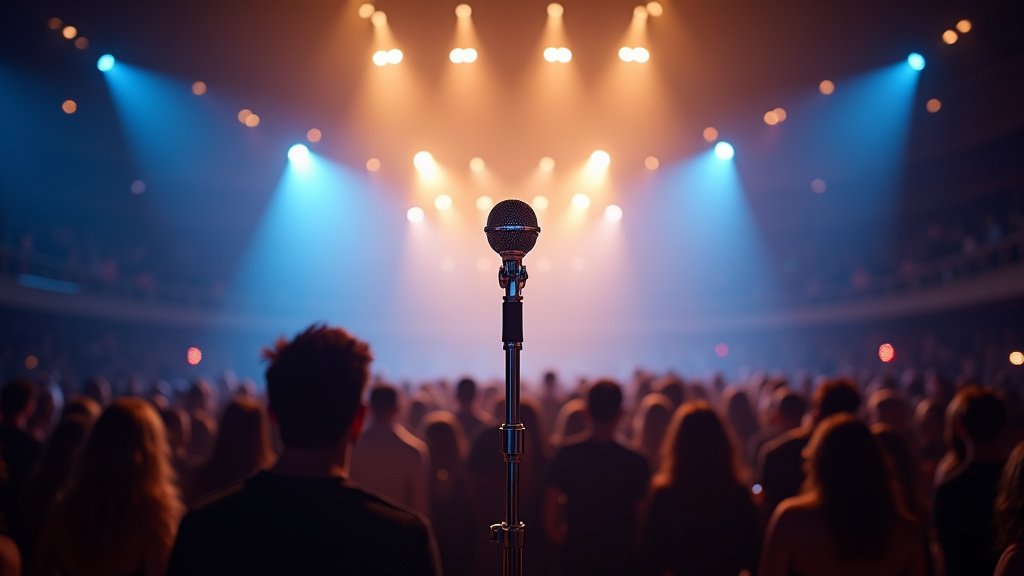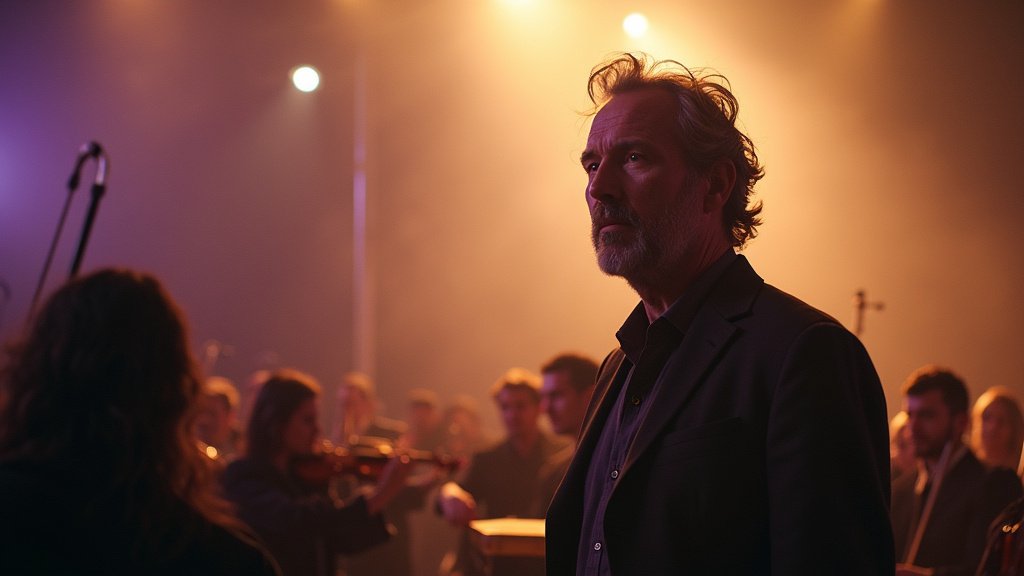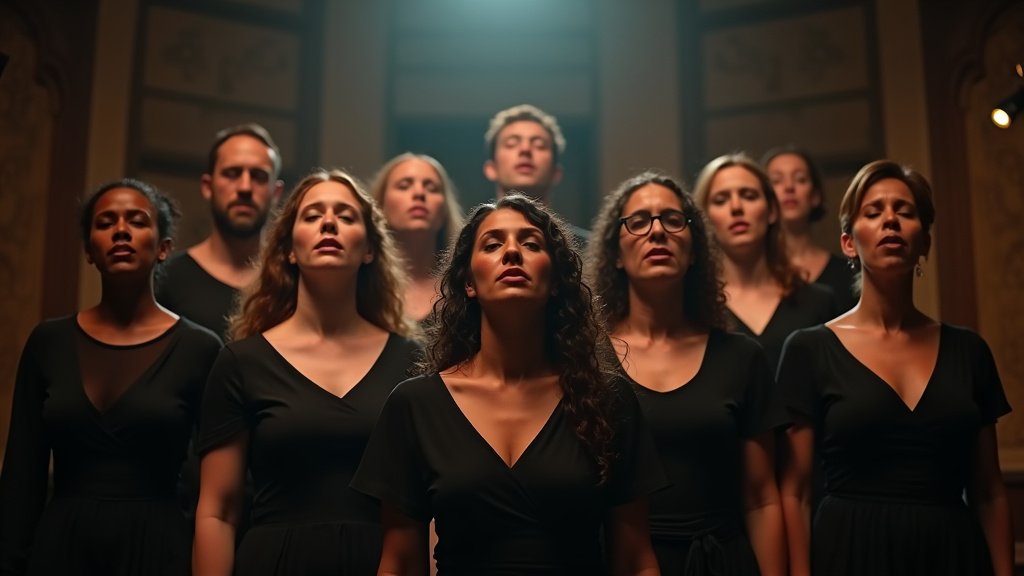In a significant development for the future of music creation and consumption, Spotify has announced a landmark collaboration with the world’s MAJOR music companies – Sony Music Group, Universal Music Group, and Warner Music Group – alongside independent distributors Merlin and Believe. This unprecedented partnership aims to develop AI-powered music products with a core focus on being “artist-first,” prioritizing the needs and rights of musicians and songwriters in an era increasingly defined by artificial intelligence. This news comes as the music industry grapples with both the immense potential and the considerable challenges posed by generative AI.
Building Responsible AI with Artist Empowerment at the Core
Spotify’s initiative is founded on a commitment to responsible innovation, articulated through four key principles. Firstly, the collaboration emphasizes upfront partnerships and direct licensing agreements with record labels, distributors, and music publishers, signaling a departure from a reactive “ask for forgiveness later” approach. Secondly, it guarantees “choice in participation,” recognizing the diverse views within the artistic community and ensuring that artists and rightsholders can decide if and how they engage with AI tools. Thirdly, the partnership commits to creating “fair compensation and new revenue streams” for artists and songwriters, ensuring transparent crediting and proper remuneration for their contributions. Finally, the initiative aims to foster “artist-fan connection,” with AI tools designed to enhance, rather than replace, human artistry and to deepen engagement between creators and their audiences.
Industry Context: Navigating the AI Frontier
This concerted effort by Spotify and the MAJOR labels arrives at a critical juncture. The rapid advancement of AI technology has brought both exciting creative possibilities and significant concerns regarding copyright infringement, unauthorized use of artist likenesses, and the proliferation of low-quality, AI-generated “slop” music. In September, Spotify itself took action by removing over 75 million “spammy” tracks and implementing new policies to manage AI-generated content, including requirements for AI content labeling and bans on unauthorized voice cloning. The announcement underscores Spotify’s stance against the abolition of copyright, asserting that “Musicians’ rights matter. Copyright is essential. If the music industry doesn’t lead in this moment, AI-powered innovation will happen elsewhere, without rights, consent, or compensation”.
Key Players and Industry Support
The collaboration brings together a formidable coalition. Spotify, a global streaming leader with over 700 million users, is making “significant investments” in AI research and development, including the establishment of a dedicated generative AI research lab and product team. Leaders from the involved music companies have expressed strong support for this artist-centric approach. Rob Stringer, Chairman of Sony Music Group, highlighted the importance of direct licensing in advance of new product launches. Universal Music Group Chairman and CEO Sir Lucian Grainge praised the move as vital for ensuring AI products thrive within a commercial landscape where all stakeholders can flourish. Warner Music Group CEO Robert Kyncl emphasized his company’s focus on ensuring AI works for artists and songwriters, welcoming Spotify’s “thoughtful AI guardrails”. Representatives from Merlin and Believe also echoed these sentiments, affirming their commitment to partners who respect copyright and value artists.
Shaping the Future of Music
Spotify’s initiative signals a proactive strategy to shape the integration of AI within the MUSIC industry. By aligning with major and independent rightsholders, the platform aims to establish ethical frameworks that protect creators while enabling innovation. The company’s Co-President and Chief Business Officer, Alex Norström, stated, “Technology should always serve artists, not the other way around”. This collaboration is expected to lead to the development of new tools that empower artists, offer new revenue streams, and enhance the connection between fans and the music they love, setting a crucial precedent for responsible AI development in the creative sector. While specific product details have not yet been revealed, the news represents a significant step toward an AI-integrated future that aims to be equitable for all participants in the MUSIC ecosystem. This is a developing story with significant implications for the AMERICAN music landscape and beyond.





